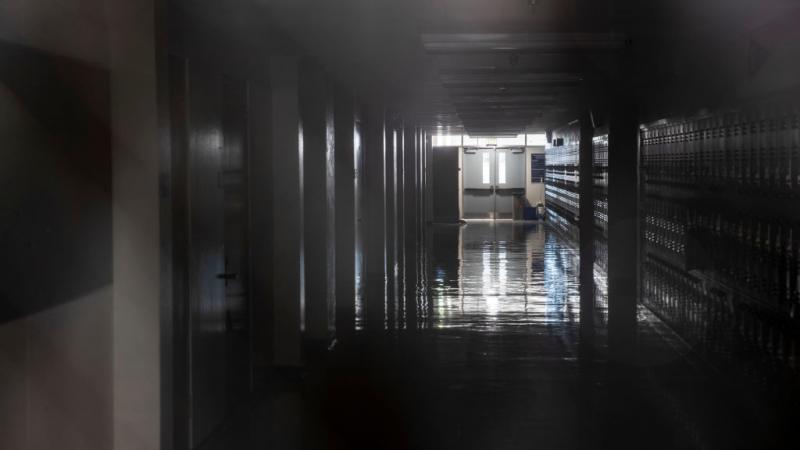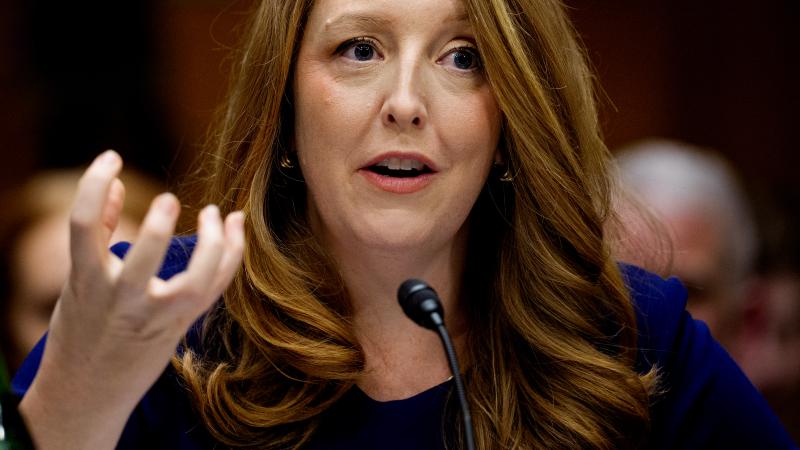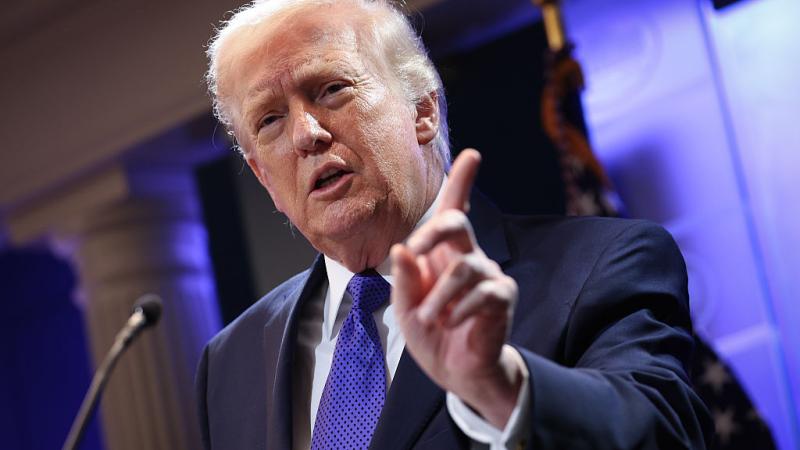Draft report of Maricopa audit finds Biden won but flags as many as 44,000 votes as 'critical'
Roughly half of the flagged votes fell into the category of "Mail-in Votes without Ballots Received."
A draft report of the audit of the 2020 election results in the state's Maricopa County, ahead of its official release Friday, concluded Democrat Joe Biden received more votes for president than incumbent Republican Donald Trump but flagged as many as 44,000 votes as "critical."
Roughly half of the flagged votes fell into the category of "Mail-in Votes without Ballots Received.”
The official announcement of the results will be made public at 1 p.m. ET by state Senate Republicans who called for the audit.
Some of the initial findings of the draft report include the claim that more than 3,400 ballots were cast in the election than were recorded, 9,000 more mail-in ballots were received and recorded than the official number of ballots sent by Maricopa officials. Hand count auditors identified multiple ballots that had been printed and duplicated more than once, which "would result in two votes being counted for" a single voter.
Randy Pullen, a spokesman for the election review, has confirmed the validity of the draft report, telling news outlets early Friday, "It’s not the final report, but it's close."
At 1 p.m., the Arizona Senate will receive the official report including a presentation on the Senate floor. The presentation will be given by speakers that include Senate president Karen Fann, Senate Judiciary Chairman Warren Petersen, Doug Logan – the CEO of Cyber Ninjas – and his tech subcontractor Ben Cotton, as well as several Senate-appointed audit liaisons.
The draft audit was reported first by KJZZ, a Phoenix public radio station.
Biden won the state and its 11 electoral votes by just over 10,400 votes after securing Maricopa County, which Biden won by more than 45,000 votes.
However, the audit, conducted by contractor Cyber Ninjas and subcontractors, is not complete. The state Senate and Maricopa officials recently reached a settlement to allow former U.S. Rep. John Shadegg and a team of tech experts access to internet routers and logs showing online activity related to election balloting.















